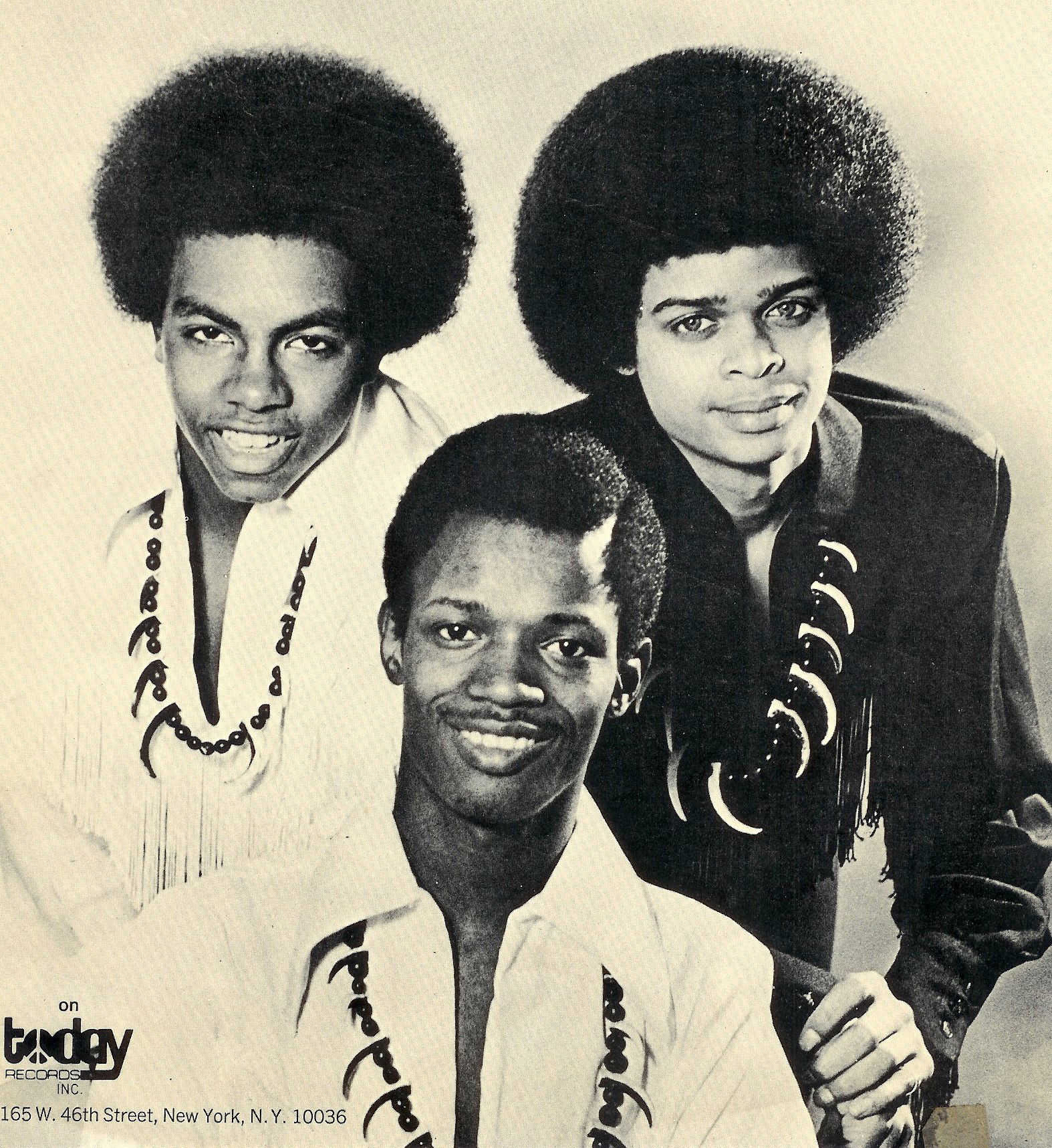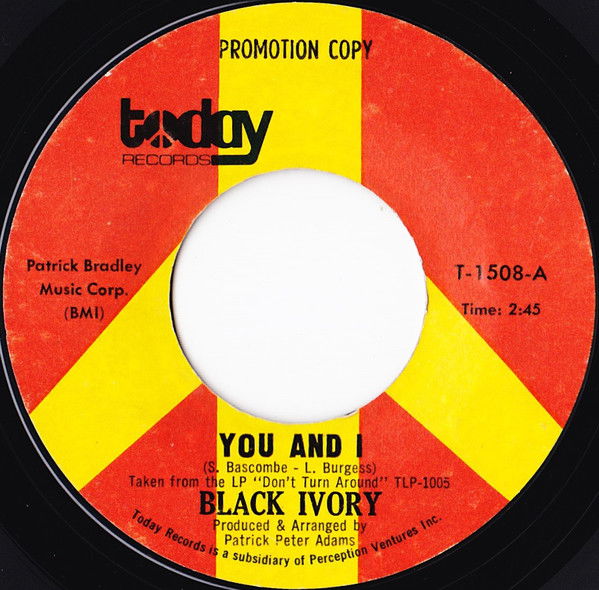BLACK IVORY

Black Ivory was a Harlem-based trio who made the Soul top forty four times in the early to middle 1970s.
They formed in the summer of 1969 as the Mellow Sounds. The teen-aged line-up comprised Lawrence “Larry” Newkirk, Froilan “Vito” Ramirez, Michael Harris, Leroy Burgess, and Stuart Bascombe. Initially, they auditioned over the phone with musician Patrick Adams, who agreed to meet the group and took them under his wing. Once Adams had begun to work with the group, he decided that five members was too many. So Michael Harris agreed to leave.
In time, the four remaining members, who now called themselves Black Ivory, performed at block parties, school programs, and private gatherings. They then won a talent contest at Roosevelt High School in the Bronx. In an effort to get the group signed, Patrick Adams approached Gene Redd, Jr., for a possible deal with his label, Red Coach Records. Redd also managed Kool & The Gang and, to give Black Ivory exposure, had the group open for them at several East Coast venues.
In 1970, Larry Newkirk left Black Ivory to attend college, and Russell Patterson replaced Vito Ramirez, reducing the group to a trio. They went to Philadelphia to record two songs at Sigma Sound Studios with Patrick Adams producing. Those would become the A and B sides of Black Ivory’s debut single on Adams’ Today label.
Their 1972 LP, Don’t Turn Around, reached #13 on the Billboard Soul Albums chart. Black Ivory went top forty on the Soul Singles chart three times in 1972, making it their most successful year. Also in 1972, they appeared on the PBS TV program, Soul! And on June 1, 1974, they were featured on Soul Train.
Though the group was known mainly for ballads, they also recorded some uptempo numbers. One such track, “Mainline,” made the Billboard Disco/Dance chart in 1979. It featured Russell Patterson on lead and was co-written by Leroy Burgess, who had left the group in 1977 and became a prolific disco producer. Following Burgess’ departure, Patterson and Stuart Bascombe continued as a duo until they disbanded in the ‘80s.
In 1995, Black Ivory reunited to play the Classic Soul circuit. The group featured all the members from their first recordings, with Stuart Bascombe on lead-vocal duties. They have performed and recorded together ever since.
In 2019, the London-based magazine, The Soul Survivors, ran a front-page story on Black Ivory’s 50th anniversary in show business. On October 19th of that year, they performed at London’s Famous Jazz Cafe.
Artists who have sampled Black Ivory’s recordings include Raekwon, E.U., Barbara Tucker, Nas, Brother Ali, Madlib, Q-Tip, Lil B, Omarion, 9th Wonder, and Mac Miller.
Charted singles:
“Don’t Turn Around” (1971-72) R&B #38
“You and I” (1972) R&B #32, Pop #95
“I’ll Find a Way” (1972) R&B #46
“Time Is Love” (1972) R&B #37
“Spinning Around” (1973) R&B #45
“What Goes Around (Comes Around)” (1974) R&B #44
“Will We Ever Come Together” (1975) R&B #40
“Mainline” (1979) Dance #57
“You Are My Lover” (1984) R&B #73
“I’ve Got My Eye on You” (1985) Dance #18

